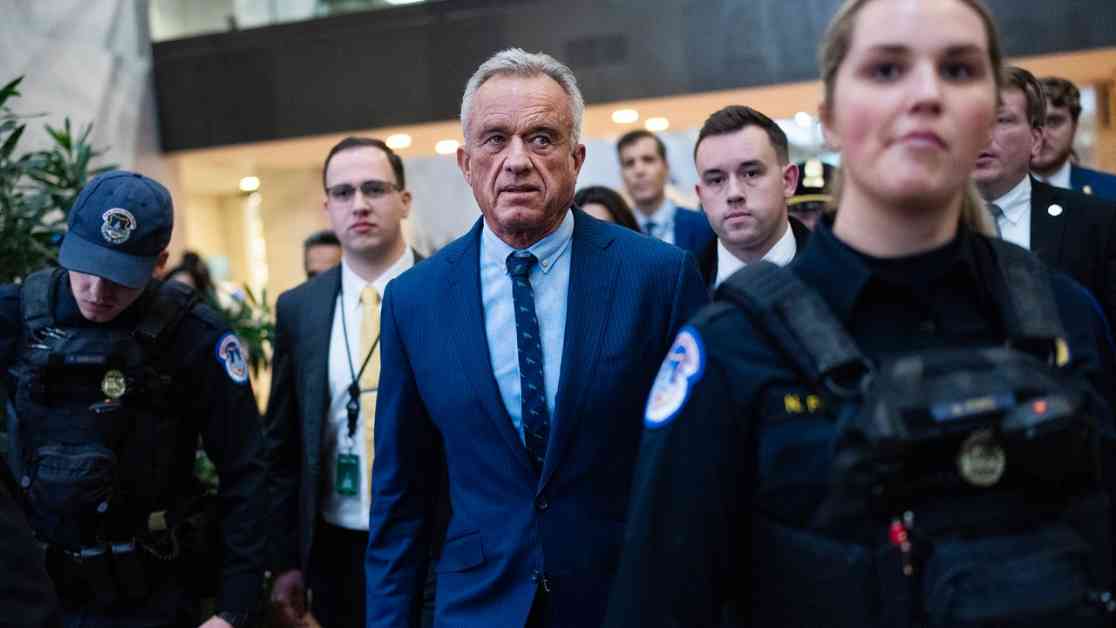Trump Administration’s Cabinet Nominees Face Senate Scrutiny
In the bustling corridors of Capitol Hill, the Trump administration’s Cabinet nominees faced intense scrutiny during confirmation hearings this week. The high-stakes process marked a crucial step in shaping the future of key government positions, drawing attention from senators, journalists, and the public alike.
Senators Weigh In on Controversial Nominees
As each nominee paraded through the Senate halls seeking support, the spotlight fell on their qualifications, past controversies, and policy stances. From Matt Gaetz to Robert F. Kennedy, Jr., senators engaged in in-depth discussions on critical issues ranging from alleged misconduct to vaccine skepticism. The intense back-and-forth underscored the gravity of the confirmation process and its impact on the country’s governance.
The Art of Confirmation Politics
Behind the scenes, a complex dance unfolded as nominees navigated the intricate web of Senate politics. Drawing on historical precedents and expert insights, the nominees engaged in a delicate balancing act to secure the necessary votes for confirmation. From the Nixon era to the present day, the confirmation process has evolved, reflecting shifting norms and expectations in American politics.
Personal Stories Humanize the Political Drama
Amid the whirlwind of hearings and debates, humanizing moments emerged, shedding light on the personal side of politics. Senators like Markwayne Mullin shared candid reflections on their meetings with nominees, offering a glimpse into the individual dynamics shaping the confirmation process. From discussions on vaccines to fast-food choices, these intimate anecdotes added a touch of humanity to the often impersonal world of Washington politics.
As the confirmation saga unfolds, the nation watches with bated breath, awaiting the final outcome of these crucial hearings. With the future of key government positions hanging in the balance, the confirmation process serves as a poignant reminder of the enduring impact of political decisions on the lives of everyday Americans.












